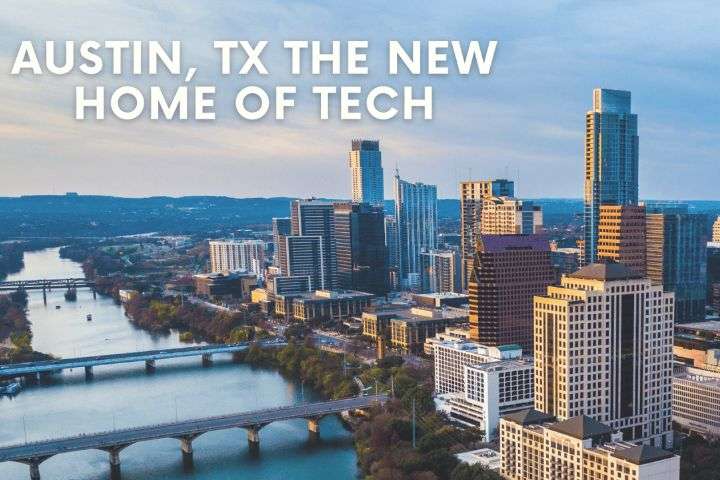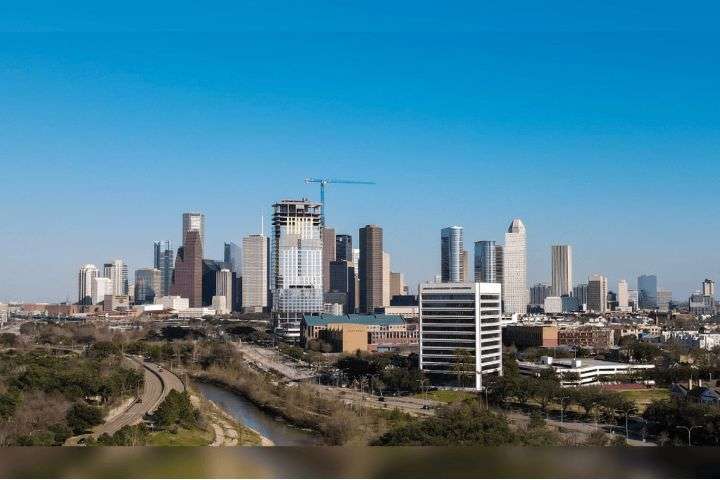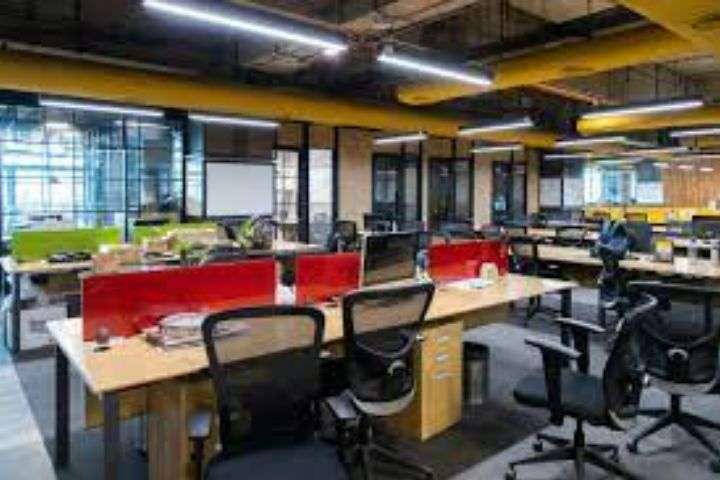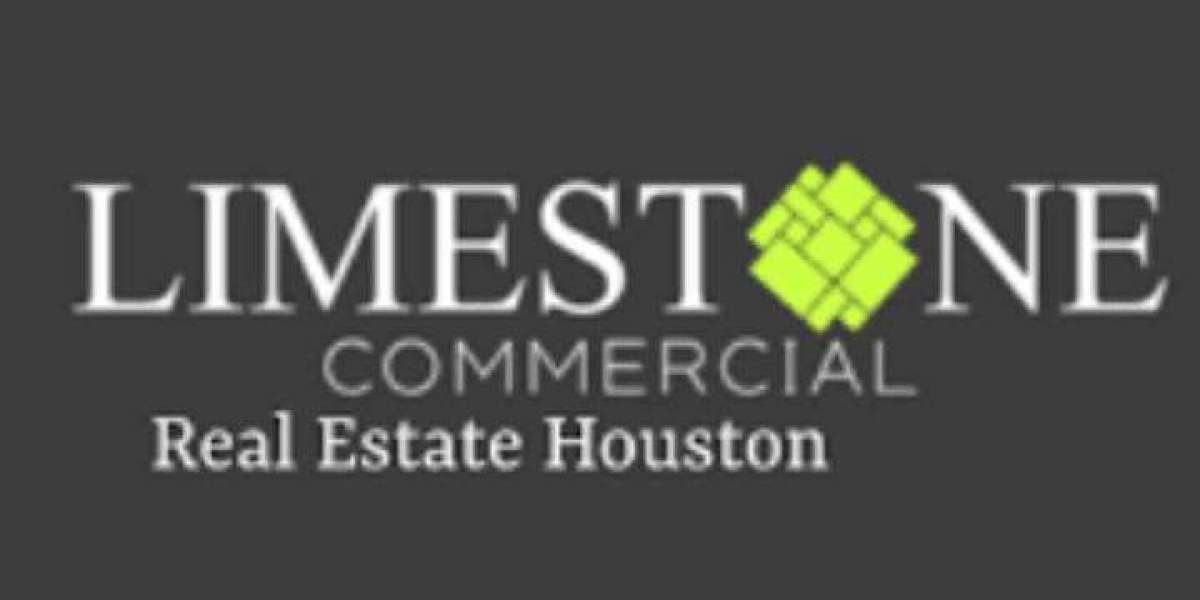In the sprawling landscape of the Lone Star State, a revolution is quietly unfolding in the realm of commercial real estate. Texas, known for its vast expanses and thriving cities, is witnessing a transformative shift in the way businesses approach their physical spaces. From Houston's bustling urban core to the burgeoning markets of Austin and Dallas, the commercial real estate sector is embracing innovation and redefining the traditional norms.
Tech Hub Boom in Austin:
The Texas capital, Austin, has emerged as a burgeoning tech hub, attracting major players in the industry. This influx of tech giants has triggered a remarkable surge in demand for commercial spaces, driving a construction boom in the city. From state-of-the-art office complexes to collaborative workspaces fostering creativity, Austin is shaping up to be the Silicon Valley of the South
The tech hub boom in Austin is a fascinating trend that has gained momentum in recent years. Several factors contribute to Austin's rise as a prominent tech hub, and they are worth exploring:
- Economic Incentives: Texas has a reputation for being business-friendly with no state income tax, which makes it an attractive location for companies looking to set up operations. The absence of personal income tax is particularly appealing to employees as well.
- Quality of Life: Austin is known for its vibrant culture, live music scene, and outdoor activities. The city's quality of life, combined with a lower cost of living compared to Silicon Valley, makes it an appealing destination for tech talent.
- Talent Pool: Austin is home to a strong and diverse talent pool, including graduates from the University of Texas at Austin and professionals relocating to the city. The availability of skilled workers is crucial for tech companies looking to expand.
- Collaborative Ecosystem: The city fosters a collaborative ecosystem that encourages innovation. Co-working spaces, startup incubators, and networking events contribute to the growth of a dynamic tech community.
- Infrastructure Development: The surge in demand for commercial spaces has led to extensive construction projects, creating state-of-the-art office complexes and collaborative workspaces. This infrastructure development supports the evolving needs of tech companies.
- Major Players' Presence: The entry of major tech companies, including giants like Apple, Google, and Facebook, has significantly contributed to Austin's tech hub status. These companies are not only establishing offices but are also investing in local initiatives and partnerships.
- Diversification of Industries: While technology is a key driver, Austin's tech hub is not limited to a single sector. The city is witnessing diversification, with companies in artificial intelligence, biotechnology, and other emerging fields contributing to the overall growth.
- Proximity to Research Institutions: Austin benefits from its proximity to research institutions, such as the University of Texas at Austin. Collaboration between tech companies and academic institutions fosters innovation and research breakthroughs.
ALSO READ: Navigating the Peaks and Valleys of Maine Real Estate Management
As Austin continues to evolve as a tech hub, it will be interesting to see how the city manages the growth, addresses infrastructure challenges, and sustains its appeal to both companies and talent in the long run.
Houston's Downtown Renaissance:
Houston, often associated with its energy industry, is experiencing a downtown renaissance that extends beyond the oil and gas sector. The cityscape is evolving with modern skyscrapers and mixed-use developments, attracting a diverse range of businesses. As Houston diversifies its economic base, the commercial real estate landscape is adapting to accommodate a variety of industries.
Here are some key aspects of Houston's downtown renaissance:
- Economic Diversification: The downtown renaissance is driven by a deliberate effort to diversify Houston's economy. The city is actively seeking to reduce its dependence on the volatile energy industry and attract a more diverse range of businesses. This includes technology, healthcare, finance, and other sectors contributing to a more resilient and stable economy.
- Modern Skyscrapers: The changing cityscape is characterized by the construction of modern skyscrapers. These architectural marvels not only redefine the skyline but also provide state-of-the-art office spaces for businesses looking to establish a presence in downtown Houston. The influx of new buildings signifies a commitment to modernity and innovation.
- Mixed-Use Developments: Houston's downtown renaissance involves the creation of mixed-use developments. These projects integrate residential, commercial, and recreational spaces in a single area, fostering a sense of community and promoting a vibrant urban lifestyle. This approach aims to make downtown Houston a more attractive and livable space for residents and workers alike.
- Attracting a Diverse Range of Businesses: With a focus on economic diversification, Houston is actively attracting businesses from various industries. The city's strategic location, coupled with its business-friendly environment, makes it an appealing destination for companies seeking to establish or expand their operations.
- Adaptation of Commercial Real Estate: As the economic landscape evolves, so does the commercial real estate sector. Houston's downtown renaissance has led to the adaptation of commercial spaces to meet the needs of a broad spectrum of industries. This includes flexible office spaces, collaborative work environments, and facilities that cater to the requirements of technology-driven enterprises.
- Community Engagement: The renaissance is not solely about physical infrastructure but also involves community engagement. Houston is working to create a downtown environment that fosters community interaction, cultural activities, and a sense of identity. Initiatives such as public spaces, cultural events, and recreational facilities contribute to making downtown Houston a destination for both work and leisure.
Houston's downtown renaissance represents a strategic shift towards a more diversified and resilient economy. The city is embracing modernization, attracting businesses from various sectors, and creating a vibrant urban environment that goes beyond its traditional association with the energy industry.
Coworking Spaces and Flexible Leasing:
Across Texas, the traditional model of long-term leases is being challenged by the rise of coworking spaces and flexible leasing arrangements. Businesses are increasingly opting for dynamic, on-demand workspaces that cater to the evolving needs of the modern workforce. This shift is fostering a collaborative environment and providing cost-effective solutions for startups and established enterprises alike.
The shift towards coworking spaces and flexible leasing arrangements in Texas reflects a broader global trend in how businesses approach their workspace needs. This change is driven by several factors that benefit both startups and established enterprises:
- Flexibility and Scalability: Traditional long-term leases often require businesses to commit to a fixed amount of space for an extended period. Coworking spaces and flexible leases allow businesses to scale up or down quickly based on their current needs. This flexibility is particularly beneficial for startups experiencing rapid growth or established companies looking to adapt to changing market conditions.
- Cost-Effective Solutions: Paying for a dedicated office space, utilities, and maintenance can be a significant financial burden, especially for small businesses. Coworking spaces typically offer all-inclusive packages, reducing overhead costs and providing a more cost-effective solution. This cost efficiency makes it an attractive option for businesses looking to manage their expenses more efficiently.
- Collaborative Environment: Coworking spaces promote collaboration and networking among diverse professionals and industries sharing the same workspace. This collaborative environment can lead to valuable partnerships, knowledge exchange, and innovation. It also provides an opportunity for businesses to connect with potential clients, investors, or collaborators within the same workspace.
- Attracting and Retaining Talent: Modern workers, especially millennials and younger generations, often value flexibility and a dynamic work environment. Offering a coworking or flexible office space can be a perk that attracts and retains top talent. The variety of amenities and the social aspect of coworking spaces contribute to a more attractive workplace for many professionals.
- Adapting to Remote Work Trends: The rise of remote work has accelerated the demand for flexible work arrangements. Coworking spaces provide an alternative to traditional offices, allowing employees to work closer to home or in a more convenient location. This flexibility aligns with the evolving preferences of the workforce and helps businesses adapt to the changing nature of work.
- Reducing Administrative Hassles: Managing a traditional office space involves various administrative tasks, from maintenance to security. Coworking spaces handle these responsibilities, allowing businesses to focus more on their core activities without the added burden of office management.
the trend towards coworking spaces and flexible leasing arrangements in Texas reflects a broader shift in the way businesses approach their workspace needs, emphasizing flexibility, cost-effectiveness, and collaboration in response to the evolving demands of the modern workforce.
Sustainability and Green Initiatives:
The commercial real estate revolution in Texas is not only about growth but also about sustainability. Developers are incorporating eco-friendly designs and energy-efficient technologies into their projects. Green rooftops, LEED certifications, and solar-powered amenities are becoming integral parts of new developments, aligning with a global push towards environmentally conscious business practices.Adaptive Reuse Projects:
Texas is witnessing a surge in adaptive reuse projects, breathing new life into historic buildings and structures. Old warehouses are transforming into vibrant office spaces, and disused factories are becoming creative hubs. These projects not only preserve the cultural heritage of the state but also contribute to the dynamic and eclectic character of Texas' commercial real estate market.
Conclusion: As Texas forges ahead in the 21st century, its commercial real estate sector stands at the forefront of innovation and adaptation. The revolution is not confined to a single city; it's a statewide phenomenon that mirrors the diverse and dynamic nature of Texas itself. From embracing technology to fostering sustainability and preserving history, the Lone Star State is setting milestones in the ever-evolving landscape of commercial real estate. As we explore these changes, it's evident that Houston, and indeed all of Texas, is not just witnessing a revolution; it's leading the way into a new era of business and development.




Esther Chikwendu 4 w
Nice